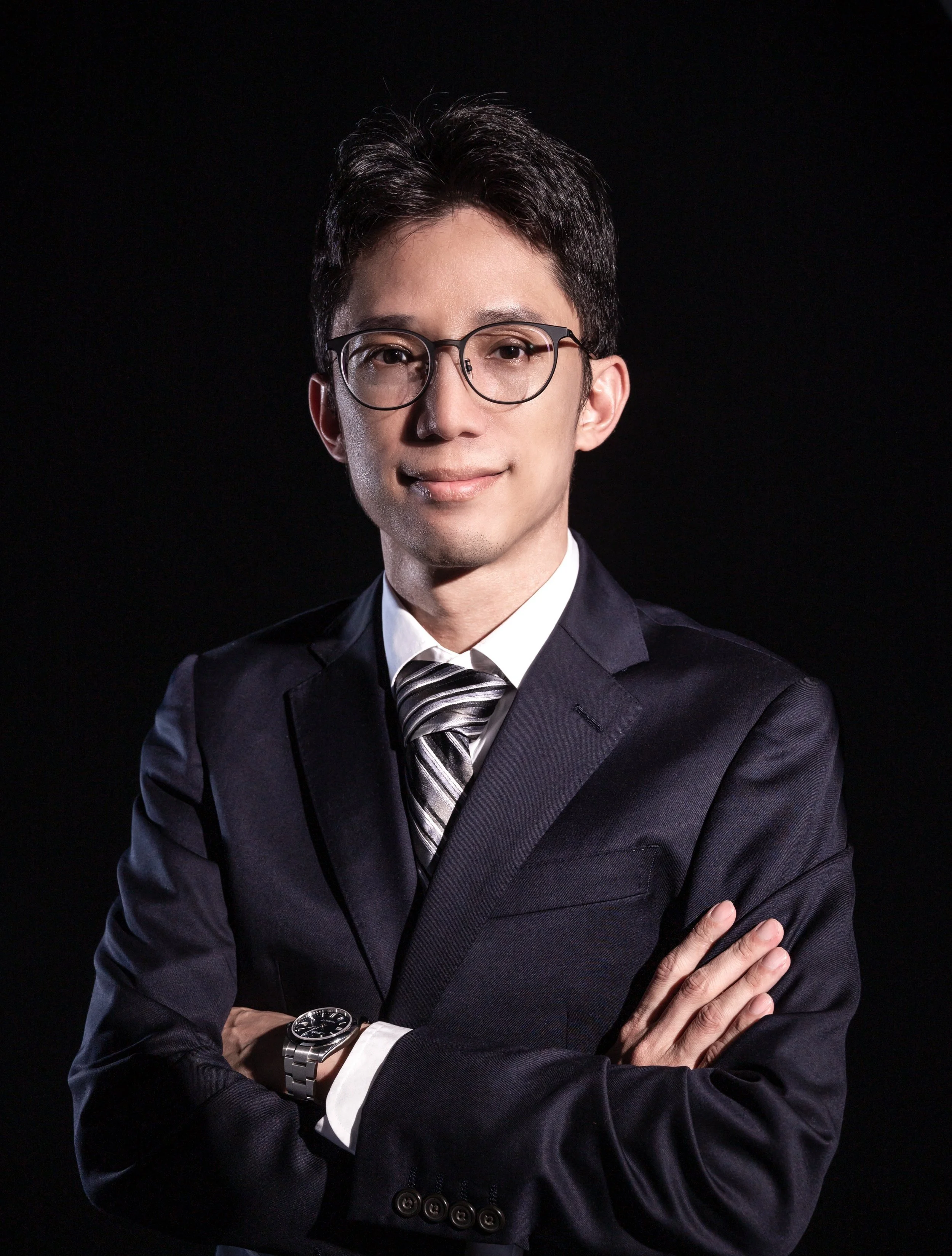Purpose and Vision of the Asia-Pacific STEM Education Association
Founder of STEM.org
Andrew B. Raupp
In response to the educational needs for 21st-century talents, the Asia-Pacific STEM Education Association (AAES) was officially founded by initiator Yong Cheng-Shu in 2021, inviting several domestic STEM education experts to join. AAES is the sole authorized certification body in Taiwan, Hong Kong, Macau, Indonesia, and Singapore for the STEM educator certification of the American STEM education leading brand, STEM.org. To promote STEM education in Asia, AAES conducts local STEM educator training, provides STEM education product certifications, and offers professional evaluations and certifications for STEM kindergartens and STEM primary school environments.
When STEM education was introduced to Asia, it leaned towards scientific experimental courses, lacking cross-disciplinary integration and diversity, which is regrettable. Moreover, STEM education often originated from informal private education sectors, with limited practical measures in formal education settings and educational policies, presenting a bottom-up development model. Therefore, after multiple efforts, AAES finally obtained the sole certification authorization for the Asia region from STEM.org in the United States. The short-term goal is to train at least 1,000 Asian STEM seed teachers within five years.
AAES will actively organize teacher training sessions, hoping that more teachers will bring STEM literacy into formal educational settings. Simultaneously, AAES provides services to help kindergartens, after-school classes, and various educational units at the primary and secondary levels obtain official certifications from STEM.org, preparing for the forthcoming competitive landscape and ensuring consumers who want to understand STEM activities are well-informed and rigorously protected.
Asia-Pacific STEM Education Association Founder and STEM.org Director for East Asia
Yong Cheng-Shu
The Advent of Certification System
Many business schools across the United States are accelerating their efforts to incorporate expertise in science, technology, engineering, and mathematics (STEM) into their MBA programs, hoping to attract more international students interested in working in the U.S.
Several schools, including Northwestern University's Kellogg School of Management and the University of North Carolina's Kenan-Flagler Business School, have recently introduced STEM-designated business master's degrees.
The Haas School of Business at the University of California, Berkeley, has recently reclassified its entire MBA program under the STEM field.
Foreign graduates of U.S. universities with STEM-designated degrees or expertise can apply for a work permit program, allowing them to stay in the U.S. for an additional two years beyond the traditional business degree.
STEM students are allowed to extend their stay in the U.S. through federal programs, enabling employers to find high-skilled talent amid a tight labor market.



